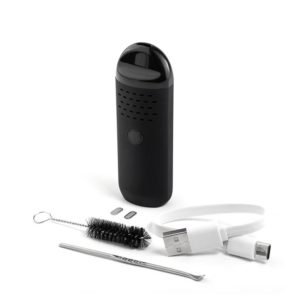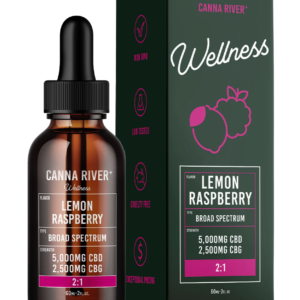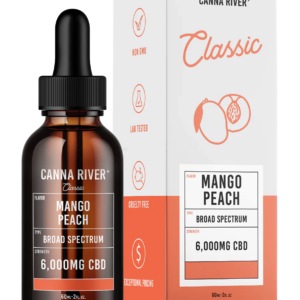Nothing ruins a great meal as much as a painful bout of heartburn.
Although over-the-counter meds are often effective, home remedies might help without the trip to the pharmacy.
Whether you’ve overindulged in a spicy dish or a feast of fatty foods, these five natural remedies could help soothe heartburn and put your belly at ease.
Chewing gum
Besides eliminating garlic breath, chewing gum after a meal might have other advantages, research suggests.
In a small study from the Journal of Dental Research, people with gastroesophageal reflux disease (GERD) symptoms experienced heartburn relief when they chewed a piece of sugar-free gum for 30 minutes after a meal.
“Chewing gum stimulates the salivary flow rate,” says study author Rebecca Moazzez, DPhil, clinical lecturer in King’s College London’s department of restorative dentistry. “Any acid that accumulates in the gut is washed away and cleared more quickly. The clearance of acid improves GERD symptoms.”
Baking soda
Old wives’ tales will tell you the best way to beat heartburn is with a little sodium bicarbonate (baking soda).
“Baking soda is OK for most people with heartburn,” says Jacqueline Wolf, MD, associate professor of medicine at Harvard Medical School and Beth Israel Deaconess Medical Center. “Because it’s a base, it helps neutralize [stomach] acid.”
Dr. Wolf, author of A Woman’s Guide to a Healthy Stomach, recommends mixing between 1/2 and 1 teaspoon of baking soda with a glass of water. But avoid making baking soda your go-to remedy if you regularly have heartburn—it is high in salt and could cause side effects like swelling and nausea.
Licorice
Although research is limited, licorice could ease heartburn and get to the source of the problem, says Susan Blum, MD, founder and director of the Blum Center for Health in Rye Brook, N.Y.
“The contents of your stomach are supposed to be acidic…which is why antacids are not the solution,” Dr. Blum says. Instead, she says, licorice has natural stomach healing properties. Eating a lot of licorice, however, can also have serious side effects like high blood pressure, so look for DGL licorice. (It does not contain the potentially dangerous glycyrrhizic acid.)
Dr. Blum suggests trying chewable DGL licorice tablets before meals, which are available at most natural-food stores. There are even brands that do not taste like licorice.
Aloe
Aloe, a plant usually used to soothe burns, could do the same thing for stomachs, says Victor Sierpina MD, professor of integrative and family medicine at the University of Texas Medical Branch, in Galveston, and author of The Healthy Gut Workbook.
Aloe vera juice reduces inflammation so “it quiets down any inflammation that is in the esophagus as well as the stomach,” Dr. Sierpina says.
He recommends drinking 1/2 cup before meals, but warns that the juice can be a laxative. Look for brands that say the laxative component has been removed, such as Aloe Vera Power.
Slippery elm
Despite limited research, slippery elm has been used in herbal remedies for centuries to treat a variety of illnesses, including GERD symptoms. This tree extract thickens the layer of mucous lining the stomach, says Dr. Blum, creating a stronger barrier against acid.
“[Slippery elm] is a demulcent that offers a coating or protective layer to the tissue [of the stomach],” Dr. Sierpina says. “The way slippery elm has traditionally been prescribed is a couple tablespoons in water after meals and at bedtime.”
What’s the moral of this story? No need for those OTC or prescription medications that are synthetic and can cause some bad side effects…go all natural for ALL your medicinal remedies!
Source: http://www.health.com/health/gallery/0,,20527745,00.html




